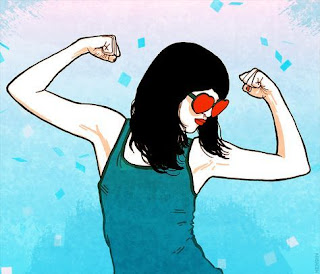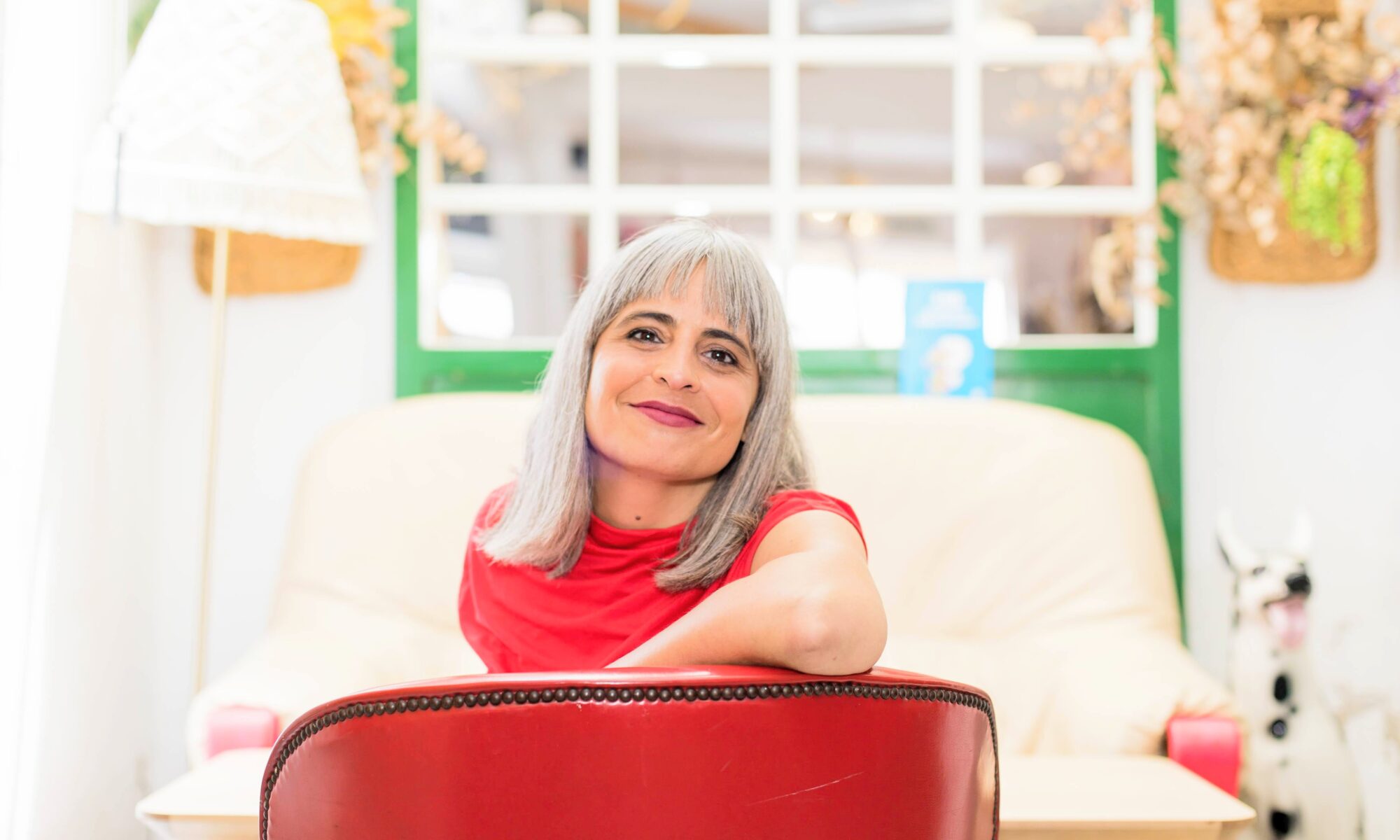
Romantic love is a kind of postmodern religion, and it has many things in common with the Christian religion. To make us devoted followers, they seduce us with the romantic paradise: that place we will reach after crossing the valley of tears, where we will be happy, feel loved, and live blissfully.
Romanticism also has its own hell, and we fall into it when our partner leaves the relationship, when we offer our love and get rejected, when they are unfaithful to us, lie to us, or betray us, when they take advantage of us, treat us poorly, or betray us, when we lose a battle in the war of love.
Like all religions, romantic love has its saints and martyrs: those lovestruck women who commit suicide "for love," those enamored men who kill "for love," those women who give up everything for love, endure for love, sacrifice themselves in the name of love.
The most famous romantic sufferers are mythologized and glorified by our patriarchal culture to make women admire and emulate them. Patriarchy wants us on our knees, looking up at men just as we look up to Jesus Christ. For many women in the world, he is their first role model: they love him as one loves a God, because Jesus is the Son of God, and we worship him because he loves us, listens to us, accompanies us, protects us, loves us even when we misbehave. And he never abandons us.
Jesus Christ is the Man all suffering women need: the Savior, the Prince Charming, the Don Juan, the Warrior, the Knight who rescues us and takes us to the palace where we will be happy. Some of us spend years and years waiting for his arrival.
The stories of romantic love fascinate us just as much as the sacred stories of religions: we love songs, movies, poems, novels, and tales that narrate stories of love and romantic tragedies. We consume them voraciously because they are like drugs: they momentarily take us away from reality, entertain us, make us feel intense emotions, stir us up inside, bring us peace, and ignite our hope with their happy endings.
Happy endings constantly remind us of the existence of the romantic paradise, that place full of abundance, happiness, peace, harmony, and love. That's how they hook us onto the most powerful drug, the most patriarchal religion. They keep us for many years of our lives, searching for our better half, dreaming of true love, feeling incomplete or unsuccessful, believing that having a partner will shield us from ever feeling lonely again.
For many women who love, romantic love is a collective mirage that can be very dangerous. Because it makes us believe that in order to obtain love, we must first endure suffering, and that suffering is a demonstration of love toward the one who causes us to suffer. Thus, we fall into the trap without realizing that patriarchy wants us on our knees. It needs the pursuit of love to be the center of our lives, for the desire to be loved to render us dependent and submissive, and for us to place a man at the pinnacle of our affections, surrendering ourselves to him with total devotion, as if he were a god.
The female role model presented to us in romantic movies is so reminiscent of the traditional image of the Virgin Mary: the enamored woman is pure, innocent, kind, selfless, devoted, and loyal. She loves and cares without expecting anything in return. She's a woman who believes in her beloved, loves him unconditionally, suffers and sacrifices for love, accompanies the hero in his self-sacrifice, forgets about herself, and focuses solely on love.
All religions have their own ideology and impose it as sacred norms upon their followers. Similarly, in romantic love, all the commandments are aimed at curtailing the freedom of women and ensuring that of men, forcing us to kneel while elevating them to a throne.
That's why there are more and more women who are atheists and rebellious against the romantic religion: we have grown tired of suffering, of praying to be loved, of descending into hell, of enduring torment and paying penance. Fewer and fewer of us live in anticipation of a divine arrival and dream of paradise.
We're rebelling more and more against our role as martyrs: what we want is to enjoy life and relate as equals. We no longer wish to live in a valley of tears; we've had enough of suffering and reject the role of complacent, submissive women who give themselves completely without asking for, or expecting, much in return.
We refuse to wait; we don't want relationships based on domination or submission; we no longer believe in the romantic miracle.
Atheists of romantic love can no longer believe in the romantic myth: we know salvation, happiness, and paradise aren't found there. Women who no longer suffer for love are crafting tools that will one day allow us to unite with a partner without forfeiting our freedom and autonomy.
We want to build equal, healthy relationships without dependency, grounded in the pleasure and joy of life.
We've learned that suffering isn't a prerequisite for happiness.
What we want is to live well, enjoy sex, affection, and love. We're not seeking idols to worship or saviors to rescue us; rather, companions with whom to share a piece of our lives.
We want to experience the love and affection that surround us here and now—without wasting time waiting, without succumbing to false promises of romantic paradise. We'll love with our feet on the ground, being practical and realistic.
They want us bitter and depressed, but they'll find us reveling in love.
They want us isolated and at odds with each other, but they'll find us united and celebrating life.
They want us submissive and enslaved to love, but they'll see us free and empowered.
They want us on our knees, but they'll find all of us standing tall.
Coral Herrera Gómez
Original en español: Las ateas del amor: nunca más de rodillas frente al Señor


